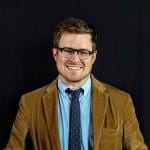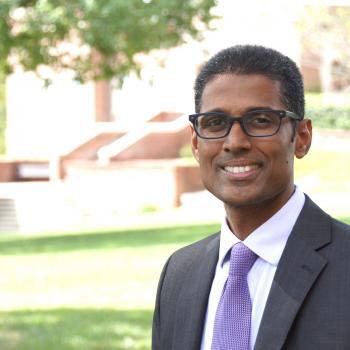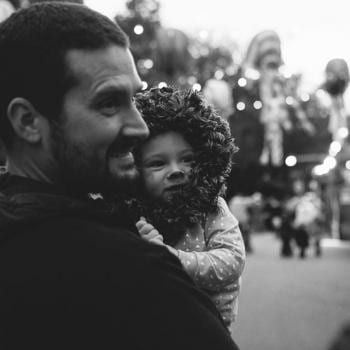This blog series spotlights 50 NT scholars and their research. The goal of this series is to introduce readers to a wider circle of scholarship than they have encountered before. The majority of people on this list are early or mid-career NT scholars who are doing great research and writing.
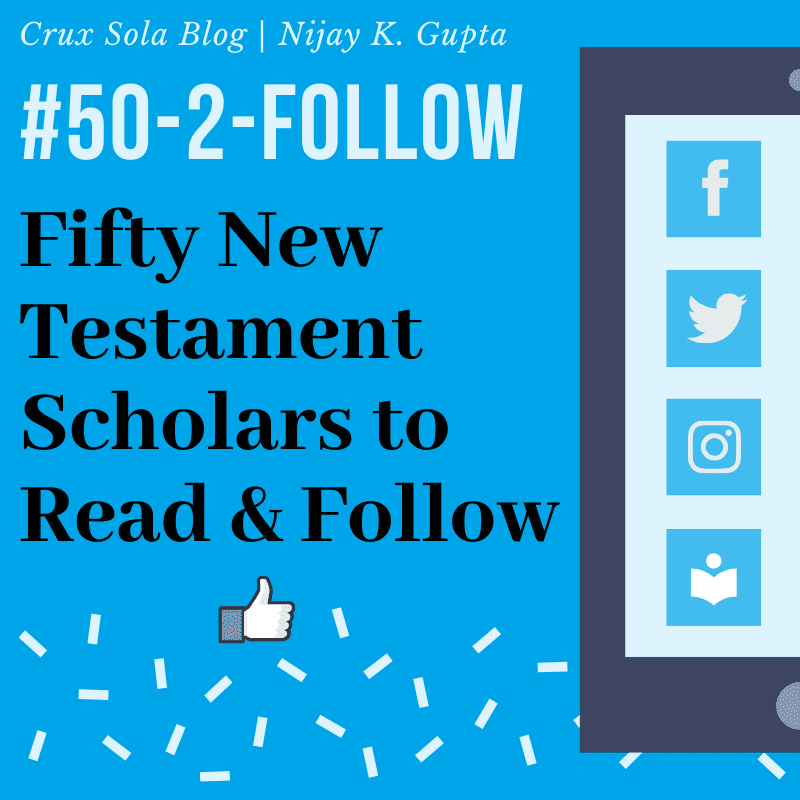
Introducing
Adam Winn
Assistant Professor of Christian Studies
The University of Mary Hardin-Baylor
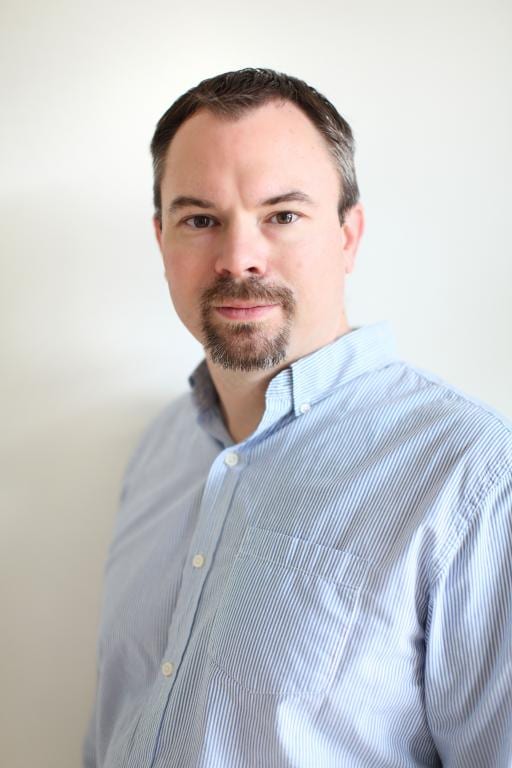
Explain why you love teaching and/or writing, and why it brings you vocational satisfaction.
I guess I should begin by saying I love studying the New Testament. That love is in large part do to my own Christian faith and my desire to understand that faith better and live it more faithfully. But I am sure it is also related to my love of history and understanding better our world and its story. My love for studying the New Testament quite naturally flows into my desire to help other people understand the New Testament better. That desire is accompanied by a strong call I feel to be a teacher in and for the Church, bringing to its people better understanding their Scriptures and greater faithfulness to them. In teaching and writing, I am engaged in something I deeply love, but it also brings a deep satisfaction that comes from knowing I am being faithful to God’s calling on my life.
What is one “big idea,” emphasis, or theme in your scholarship that you hope impacts the way students and scholars read and understand the NT?
I guess I could give a specific “big idea” from my work, a unique contribution I have made or something like that, but instead, I think I will give a theme of sorts that ties them all together: “there is so much in the text of the New Testament that is not as it appears to our modern eyes–and even well trained scholarly eyes!”
People often ask, “what is there to say about this 2000 year old text that hasn’t been said already?” And to their surprise, the answer is “A LOT“! Better knowledge of and deeper immersion in the world of the text continues to bring fresh insights and better understanding. And new eyes, those of different genders, ethnicities, socio-economic background, and different combinations of all of these, are able to assemble the pieces of the New Testament text and context together in new and compelling ways. New methods complement both of the above. Even widely and long held scholarly assumptions and/or conclusions can be challenged and new paradigms can emerge. I guess this would be the big idea that I hope my work communicates–certainly not a novel idea, but a vitally important one!
Who is your academic hero and why?
My academic hero is David Scholer, who was my teacher at Fuller Seminary and for whom I was a TA for 5 years. Sadly he passed away in 2008. There are numerous reasons for this choice, of which I will provide a few. The man was passionate about the New Testament, and he was born to teach it. That passion was palpable in the classroom, and it was contagious. Few students left his class untouched by it. He was also a phenomenal colleague, not just with those who worked at the same institution, but across the guild. He seemed to be friends with everyone in the guild and had personal stories about so many. And he truly cared about his colleagues, as demonstrated in the investments he made in friendships with them.
I can’t remember him saying one derogatory thing about a fellow scholar. Since his death I have discovered so many people that loved and esteemed him. He didn’t publish a significant amount, but he was a first class scholar. He was Harvard trained under Stendahl, Koester, and others and he could hold his own in any academic setting. He was also a strong advocate for minority voices in the guild and in the church, particularly women. Amy Jill Levine recently told me what a support and encouragement he was to her as she was first making her way in the field. Finally, he modeled so well the convergence of critical academic scholarship and Christian faith. He demanded intellectual honesty and academic rigor, refused simple answers and special pleading, and recognized the tensions that emerged from critical study of scripture. At the same time, he had a deep and authentic faith that had endured the fires of critical scrutiny and had emerged stronger on the other side. If my career could emulate his in any of these ways, I would count it a great success.
Name a couple of academic books that were formative for you as a student.
The Theology of Paul the Apostle by James Dunn
Read Winn’s Books
If you ran into me at SBL, and you didn’t want to talk about New Testament studies, what would you want to talk about?
I am a big sports fan, so many things sports related; I love movies and good TV, so whatever we both might be binge watching; I love travel, so talking about where you have been or want to go is always a lot of fun for me.
What is a research/writing project you are working on right now that you are excited about?
Right now my primary project is a co-authored book with David Wilhite, a patristics scholar at Baylor University. The book is reconsidering the way in which New Testament authors understood Jesus’ identification with YHWH, but it also addresses conceptions of God in the Second Temple period, and patristic understanding of Jesus’ divine identity. The book doesn’t have a publisher yet, but we anticipate having one in the next several months–irons are in the fire. It challenges many widely held presuppositions in the guild, and I am very excited about it.








